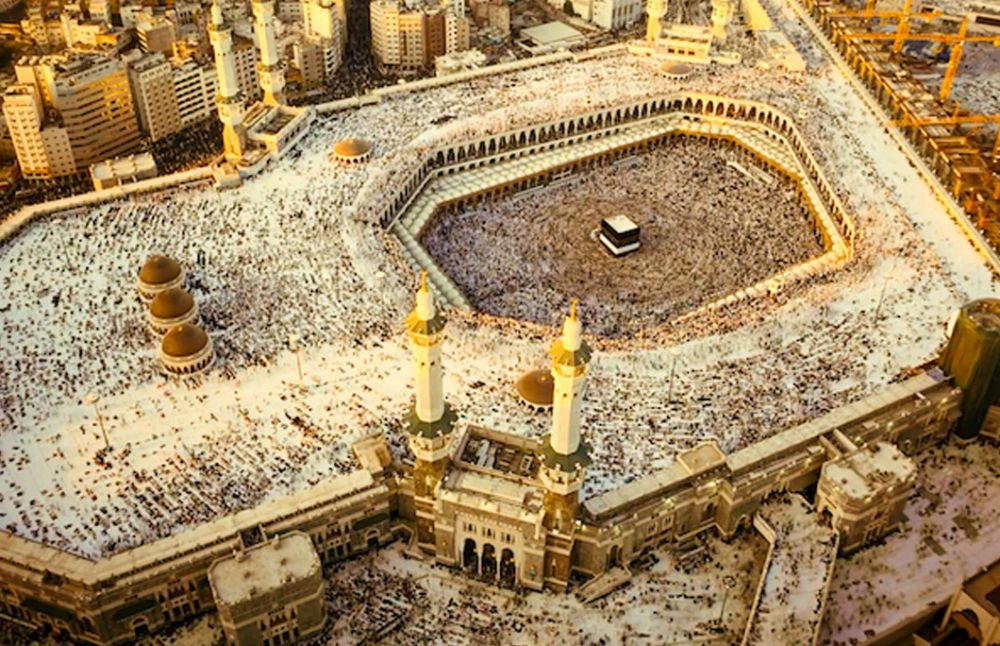

Situated in the western part of Saudi Arabia, Mecca, also known as Makkah, is the holiest city in Islam. Its significance as a religious destination stems from its being home to the Kaaba, the "House of God," located within the sacred mosque Al-Masjid Al-Haram.
Tourism in Mecca has been intrinsically linked to religious pilgrimages for centuries. The city is the birthplace of the Prophet Muhammad and the site of the revelation of the Quran. This religious significance has made it a focal point for the Hajj pilgrimage, one of the Five Pillars of Islam, which draws millions of Muslims from around the world every year. The history of visits to Mecca dates back to the pre-Islamic era, with the annual pagan pilgrimage to the Kaaba known as the ‘Hajj of the Bedouins.’
With the rise of Islam in the 7th century, Mecca gained further prominence and the Hajj pilgrimage was Islamized under the guidance of Prophet Muhammad. The annual pilgrimage has continued ever since, barring a few interruptions due to wars and political conflicts. Over time, the religious duty to perform Hajj at least once in a Muslim's lifetime, provided they are physically and financially capable, has led to the development of Mecca as a city geared primarily towards accommodating pilgrims.
In the modern era, the Saudi government has invested heavily in developing and expanding Mecca’s infrastructure to support the growing number of pilgrims. The expansion of the Grand Mosque, improved transportation networks, and increased accommodation options are a testament to Mecca's ever-evolving tourism landscape. These efforts have ensured that despite the changing needs and increasing volumes of visitors, the city remains a place of spiritual serenity and efficiency.
Recent years have seen Mecca's tourism landscape continue to evolve with the implementation of the Saudi Vision 2030. This ambitious plan aims to diversify the Saudi economy away from oil dependence and invest in various sectors, including tourism. While pilgrimage remains its mainstay, there is a concerted effort to enhance the visitor experience by broadening the services and attractions on offer. This includes the development of luxury hotels, museums, and the establishment of cultural sites that give deeper insights into Islamic history.
Furthermore, the introduction of the e-visa system for pilgrims has streamlined the entry process, making it easier and faster to visit. The trend towards smart city technologies is being realized with the implementation of apps and online services designed to guide and aid pilgrims during their visit to Mecca.
Another emerging trend is the greater emphasis on sustainability in the face of environmental concerns. Mecca, alongside other cities, is looking to adopt more eco-friendly practices to ensure that the act of pilgrimage is not only spiritually fulfilling but also environmentally responsible.
While the core of Mecca's tourism will always center around the Hajj and Umrah pilgrimages, the city's growth and development—culturally, economically, and socially—promise to make it a global example of a sustainable and service-oriented religious tourist destination.